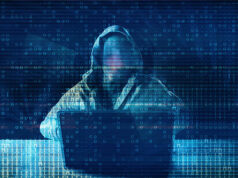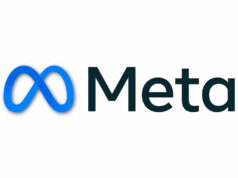Online tool helps teachers detect plagiarism

An Internet-based service helps teachers detect plagiarism, a problem that exists in both physical and virtual classrooms.
Turnitin has three functions: it scans for plagiarized content, processes grades for academic work, and handles peer reviews between students. Among the service’s Philippine clients are the University of the Philippines, De La Salle University, Ateneo De Manila University, the University of Santo Tomas, and the Mapua Institute of Technology.
To avoid the temptation of plagiarism, Jack Brazel, Turnitin’s head of business partnership in Southeast Asia, said educators need to build a classroom community centered on academic integrity with clearly defined expectations for students. Teachers need to teach students how to take notes as well as quote and cite sources properly. “Writing skills are not acquired overnight, and it requires constant practice to achieve a level of mastery,” he said. Classroom policies and consistent enforcement will also deter acts of plagiarism by students.
Apart from technology that enables educators to identify instances of plagiarism, “tactics such as breaking large assignments into smaller parts, integrating forms of personal or current events reflection in assignments, and requiring students to summarize their work to demonstrate mastery of the topic, are all important ways to reduce opportunities to plagiarize assignments,” Mr. Brazel added.
HONOR CODE
Plagiarism is a continuing problem that affects educational institutions worldwide. US surveys between 2002–2015 conducted by Professor Donald McCabe, founder of the International Center for Academic Integrity, showed that 39% of the over 71,000 university undergraduates surveyed cheated on tests. Sixty-two percent also admitted cheating on written assignments.
Meanwhile, six in 10 faculty members in the US believe academic fraud is more common in online courses than in face-to-face courses, according to a 2019 survey on faculty attitudes on technology by Inside Higher Ed, a news and analysis source for the higher education community.
Parents and educators may unintentionally aggravate the problem by pressuring students to value results over learning.
Having an academic honor code—such as unproctored exams and a signed pledge of honest work from students—can help create an atmosphere of academic honesty and accountability. Having such a code, however, will only work if everyone practices it, said Linda Treviño, professor of organizational behavior and ethics in the Smeal College of Business at Pennsylvania State University, in a 2013 article on why students cheat.
According to Ms. Treviño, it is important to set high aspirations for students regarding academic honesty and to have shared values. An accountability system should be in place to manage students who do cheat.
“What we are trying to do is create a context that supports doing the right thing. Faculty and staff need to be willing to provide guidance and resources but also share power with students,” Ms. Treviño said in the same article. “This is a community effort.” — P. B. Mirasol



